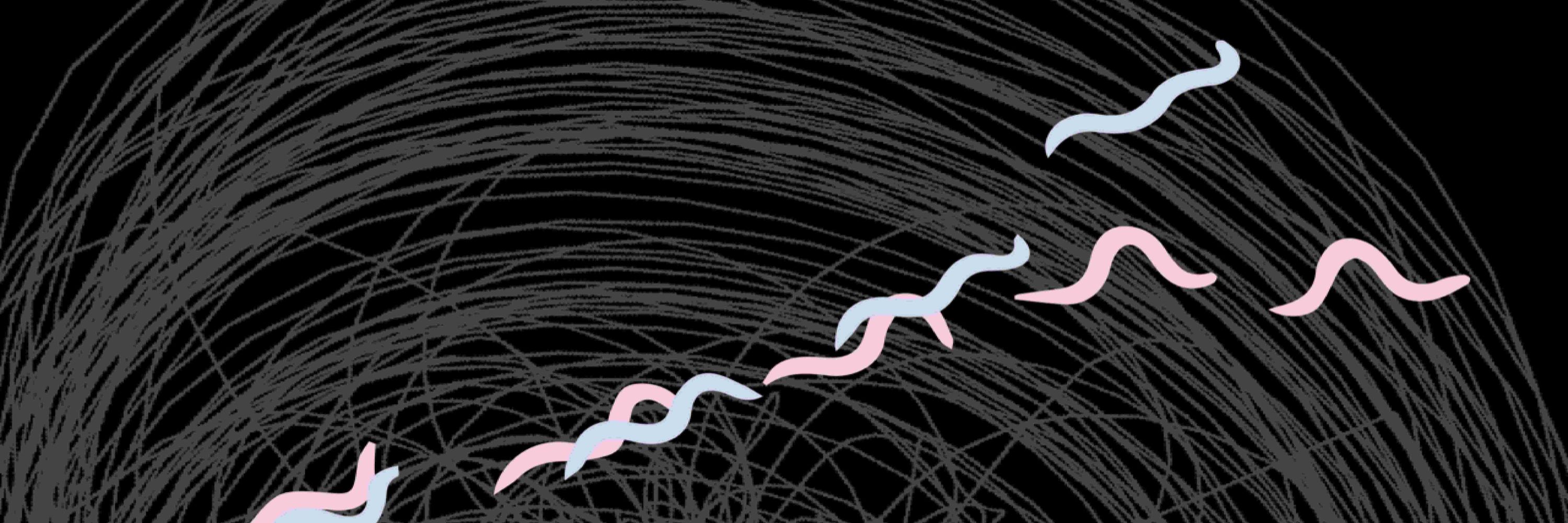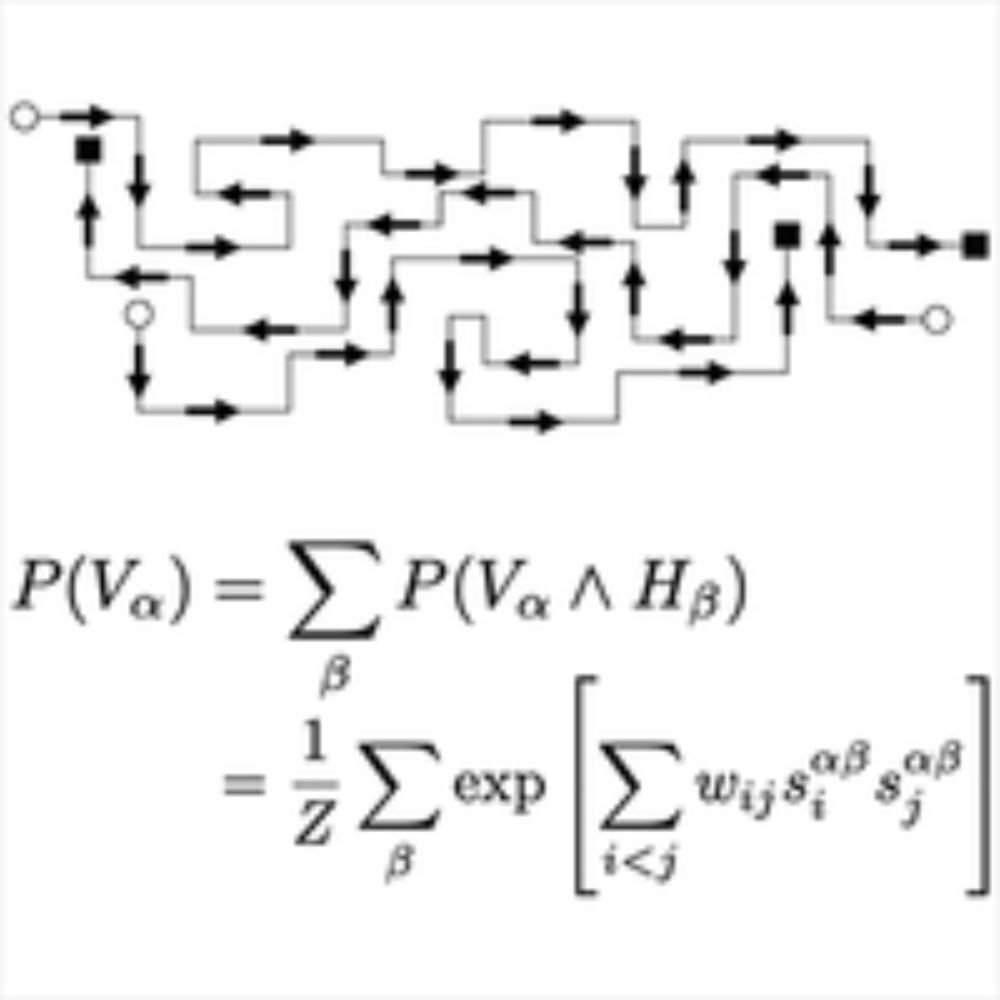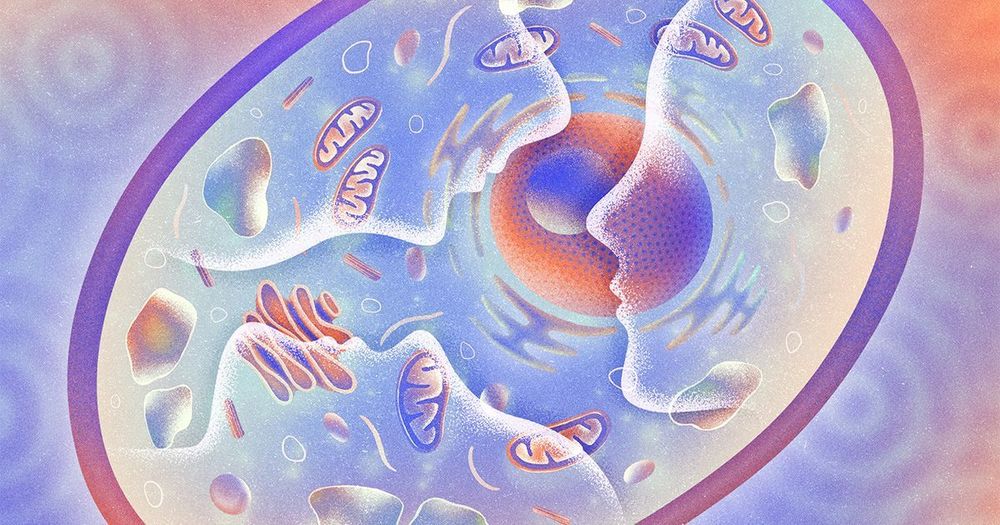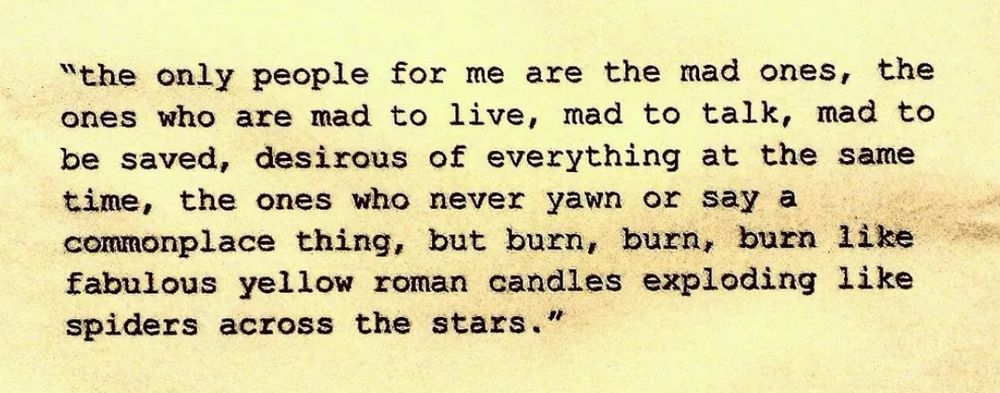Greg Stephens
@gjstephens.bsky.social
140 followers
130 following
25 posts
Theoretical physicist thinking about living and complex systems. Faculty at VU Amsterdam & OIST Graduate University
Posts
Media
Videos
Starter Packs
Greg Stephens
@gjstephens.bsky.social
· Aug 13
Reposted by Greg Stephens
Greg Stephens
@gjstephens.bsky.social
· Aug 2
Greg Stephens
@gjstephens.bsky.social
· Jul 9
Greg Stephens
@gjstephens.bsky.social
· Jul 9
Greg Stephens
@gjstephens.bsky.social
· Jul 9
Greg Stephens
@gjstephens.bsky.social
· Jul 9
Decomposing Predictive Information in Social Dynamics
Social behaviors include some of the most interesting interactions in living systems yet their characterization is often qualitative or specialized to particular organisms and assays. Here we suggest that at the core of social interactions is the notion of mutual prediction, which we analyze in the context of two male zebrafish engaged in a dominance contest. Using 3D velocity trajectories, we construct the mutual information between a two-animal past and one-animal future, and we quantify the redundant, unique, and synergistic components using partial information decomposition (PID). As social behaviors can change rapidly in time, we compute PID using a sliding time window, and we choose the window size to maximize total information. We find that our predictive information decomposition naturally aligns with important social concepts, such as mirroring and dominance. At the end of the contest, we find asymmetries in self-unique and redundant information which align with the emergent dominance relationship. During the contest, we find that redundant information increases, showing that predictive information is increasingly shared between individuals. In contrast synergistic and unique information, which capture information exchange, are approximately constant. Applied to mecp2 zebrafish mutants, an autism model, we find that predictive information is reduced overall, but especially for synergistic flows, which is indicative of difficulties in more complex social dynamics. Significance Statement Social interactions are rich and diverse, ranging from mirroring to complementary actions. A unifying framework for defining and analyzing such interaction types has long been needed. Here, based on modern information theory, we formulate how the past state of interacting organisms encodes the future state of an individual. This framework provides a natural decomposition of pairwise social dynamics into mirroring, independent action, directed influence, and joint action. Applied to dominance contests in zebrafish, these modes of interaction capture distinct phases of conflict, their assessment strategies, and the resulting dominance relationships. Moreover, our analysis reveals a specific disruption in the social behavior of mutant zebrafish linked to autism, shedding new light on impairments in communication and social learning. ### Competing Interest Statement The authors have declared no competing interest. OIST Graduate University
doi.org
Reposted by Greg Stephens
Greg Stephens
@gjstephens.bsky.social
· May 30
Greg Stephens
@gjstephens.bsky.social
· May 30









